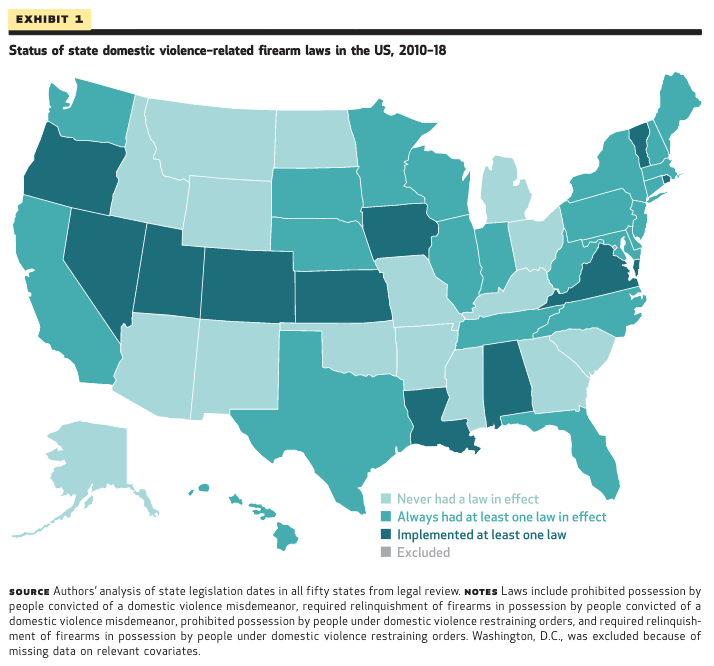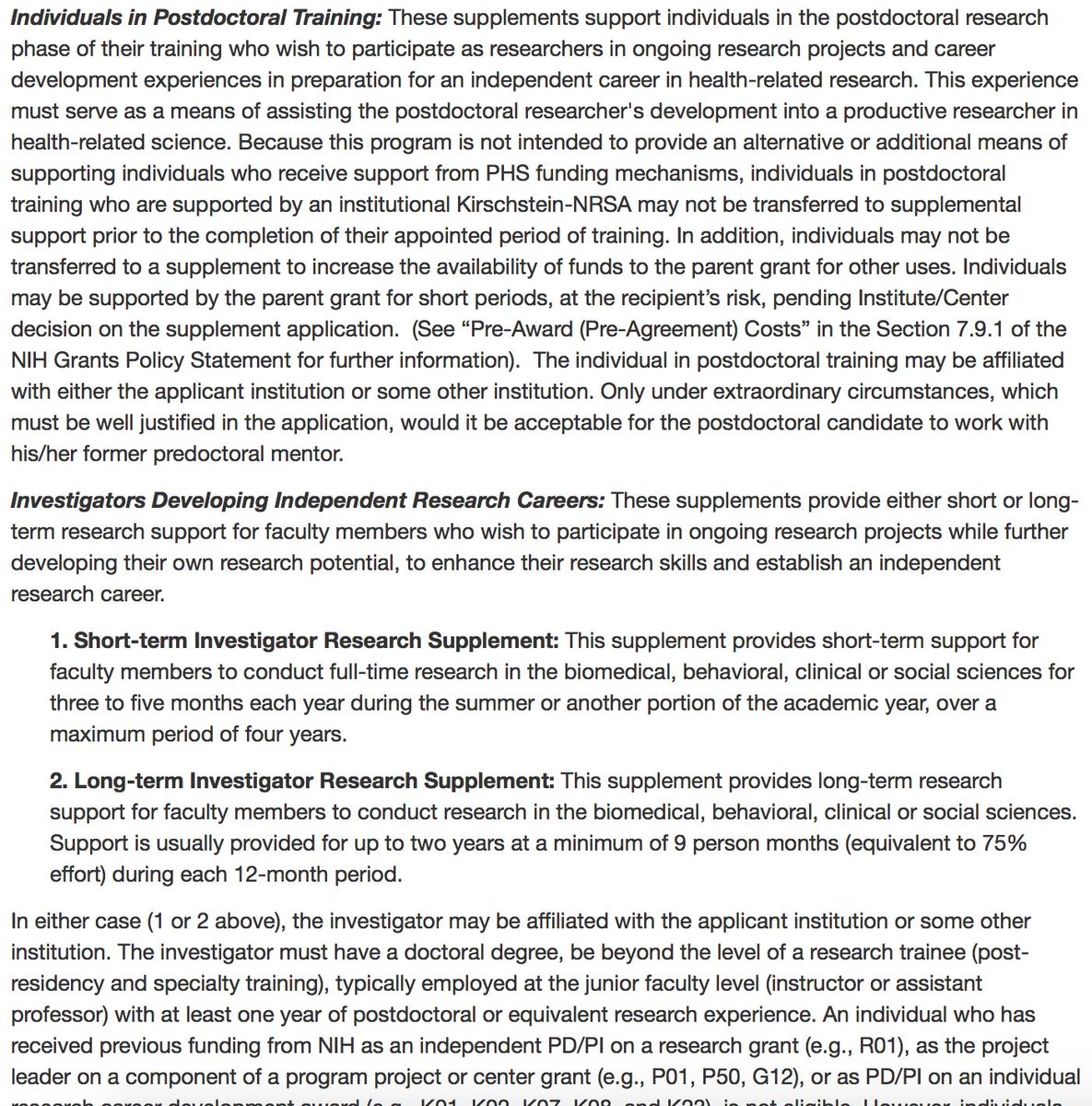
Health Policy and Management, UNC Chapel Hill. Health policy; health care; diversity, equity, and inclusion; academia. she/her. Tweets=own; RT≠endorse
How to get URL link on X (Twitter) App



 It seems like this is generally well known, and yet also generally not being systematically accounted for in hiring or promotion, which means we should expect increased gender disparities in the academic ladder to follow.
It seems like this is generally well known, and yet also generally not being systematically accounted for in hiring or promotion, which means we should expect increased gender disparities in the academic ladder to follow.



 Authors tease apart different flavors of policy: prohibiting vs. relinquishing firearms, and for those under domestic violence restraining orders vs. those convicted of DV misdemeanors. Overall, effect size differs but direction is same, even with low N and rare events.
Authors tease apart different flavors of policy: prohibiting vs. relinquishing firearms, and for those under domestic violence restraining orders vs. those convicted of DV misdemeanors. Overall, effect size differs but direction is same, even with low N and rare events. 




https://twitter.com/MartinSGaynor/status/1085543017816178690First, I come up with an exhaustive list of questions I have about the department, school, university, and organize them. I think my categories usually are department culture, teaching/educational programs, funding, university/school questions. Quick ideas on each 2/
https://twitter.com/JMichaelMcW/status/995357346988773376